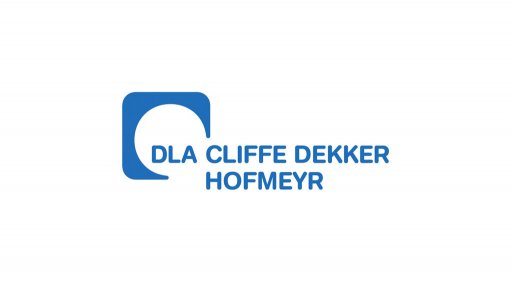
The energy landscape has developed over the last few years with the introduction of a number of private and public sector funded renewable energy projects, aimed at reducing the energy footprint of corporate taxpayers.
Although the renewable energy projects are not only undertaken for the purpose of generating electricity and are therefore also utilised by taxpayers for their own use, the investment costs into these renewable energy projects are substantial. This in itself could be a deterrent for corporates looking to develop renewable energy projects. Accordingly, qualifying tax allowances must be made available to the corporate taxpayer to ensure the commercial viability of investing into these projects.
In this regard, s12B of the Income Tax Act, No 58 of 1962 (Act) is the most relevant tax consideration and provides an incentive for taxpayers to invest in renewable energy projects. Section 12B of the Act is specifically directed towards the deduction of costs incurred by taxpayers in respect of certain plant, machinery, implements, utensils or articles used in the production of renewable energy.
In other words, s12B of the Act makes provision for an accelerated capital allowance and accordingly, provided that the requirements under the section are complied with, the taxpayer is permitted to deduct the costs of qualifying assets, used in the production of electricity from renewable resources, on a 50/30/20 basis (ie three years).
Having regard to the above, it is important to note that the South African Revenue Service (SARS) recently published Binding Private Ruling 172 (BPR 172) which deals with the deduction allowed in respect of the cost of machinery, plant, implements, utensils or articles used in the production of electricity from solar energy.
By way of background, the applicant (applicant), a private company incorporated in and resident of South Africa, proposes to construct grid-tied solar photovoltaic systems (PV Systems) for the purpose of generating electricity from solar energy. The electricity to be produced by the PV Systems will feed directly into the power supply systems without being stored in batteries.
The process of generating electricity from the solar energy, will be as follows:
- Sunlight will be absorbed by the silicone-based semi-conductors of a PV Panel, which in turn will generate direct current (DC) electrical energy.
- The electrical energy will be conveyed by DC feeder lines to a DC Combiner.
- The DC Combiner electrically combines the multiple strings of solar panels.
- On the output side of the DC Combiner, combined sets of DC feeder lines run to an alternating current inverter (AC Inverter).
- The AC Inverter converts the DC electrical energy to AC electricity on which electrically powered equipment will operate.
- The AC inverted current will travel from the AC Inverter into the facility's main service panel, from which a further connection will be established for use by equipment.
What is further important to note is that the applicant is proposing to develop and construct the PV Systems at various of its sites located in South Africa. However, in certain cases the PV Systems will be installed on land owned by the applicant and in other cases, the PV Systems will be installed on land leased by the applicant.
In this regard, BPR 172 further provides that the PV Systems will be affixed or mounted at the applicant's various business locations, as follows:
- Each PV System will be affixed to a specifically designed and constructed concrete foundation;
- In accordance with industry standards, each PV System has a useful life of 25 years. This is inclusive of the concrete foundation and supporting steel structure; and
- The PV Panels will be bolted to the concrete foundations and can be removed using appropriate equipment. After their removal the PV Panels could be relocated to another site for reuse or could be scrapped.
The ruling made by SARS in connection with the proposed transaction is as follows:
- The PV Panels consisting of all its constituent parts (including the concrete foundations and supporting steel structures), situated at the various leased and owned locations, constitute 'plant' used in the 'generation of electricity' (s12B(1)(h) of the Act), the cost of which is deductible in accordance with the provisions of s12B(2) of the Act;
- The DC Combiner and feeder lines situated at the various leased and owned locations, constitute 'plant' used in the 'generation of electricity' (s12B(1)(h) of the Act), the cost of which is deductible in accordance with the provisions of s12B(2) of the Act; and
- The AC Inverters, including all equipment situated therein, situated at the various leased and owned locations, constitute 'plant' used in the 'generation of electricity' (s12B(1)(h) of the Act), the cost of which is deductible in accordance with the provisions of s12B(2) of the Act.
This ruling is significant in that it proves that renewable energy projects adopted by taxpayers could be extremely tax efficient if planned and
developed on the correct basis. Going forward, there is no doubt that the renewable energy landscape will continue to grow and that qualifying tax allowances will play a crucial role in sustaining the development of renewable energy projects in South Africa.
Written by Nicole Paulsen, Associate, Tax, Cliffe Dekker Hofmeyr